Ashland University partners with state Departments of Corrections and local jails to deliver a transformative educational experience that brings hope to students in the correctional environment. We value the opportunity to serve these students and recognize that none of this would be possible without the continuing participation of our students, their families, correctional partners and our staff.
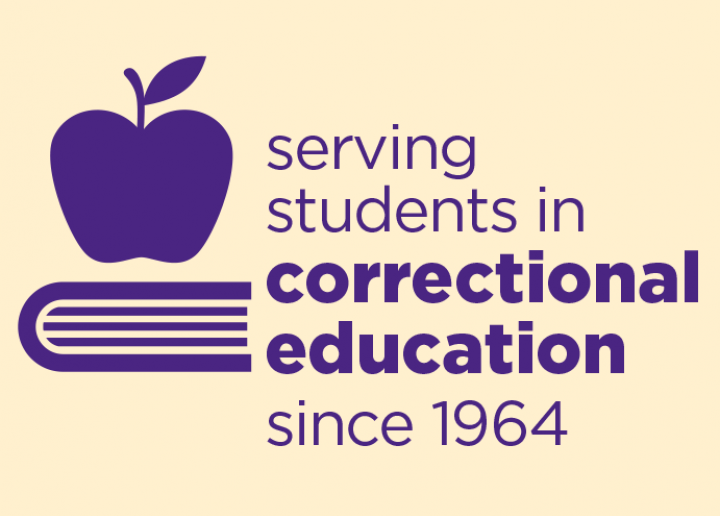
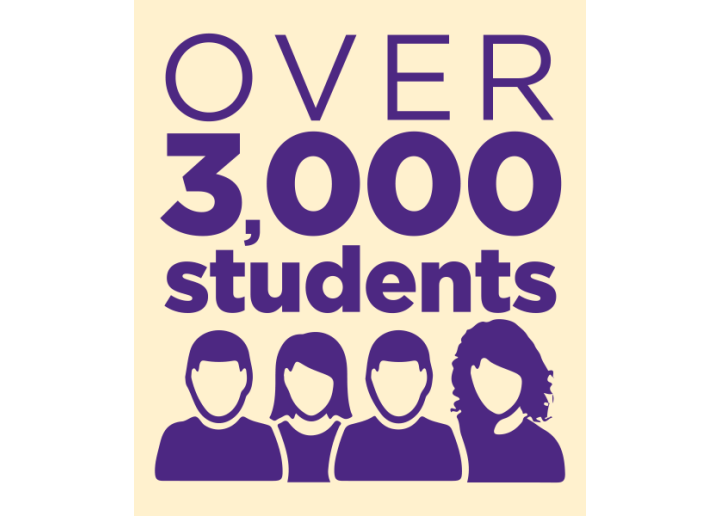
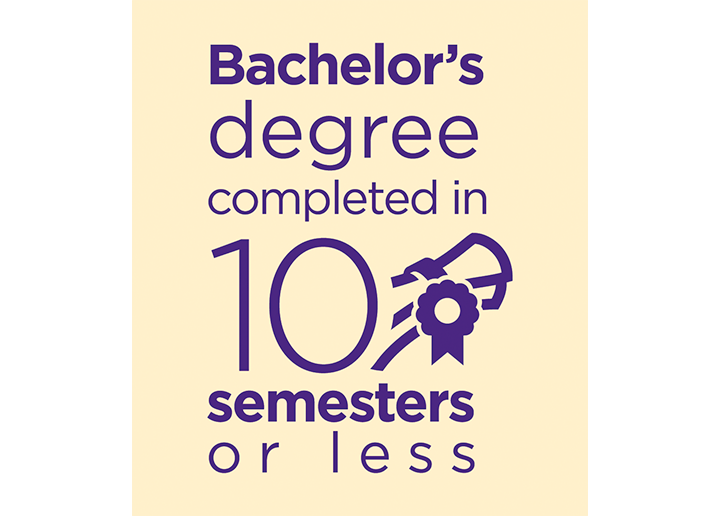
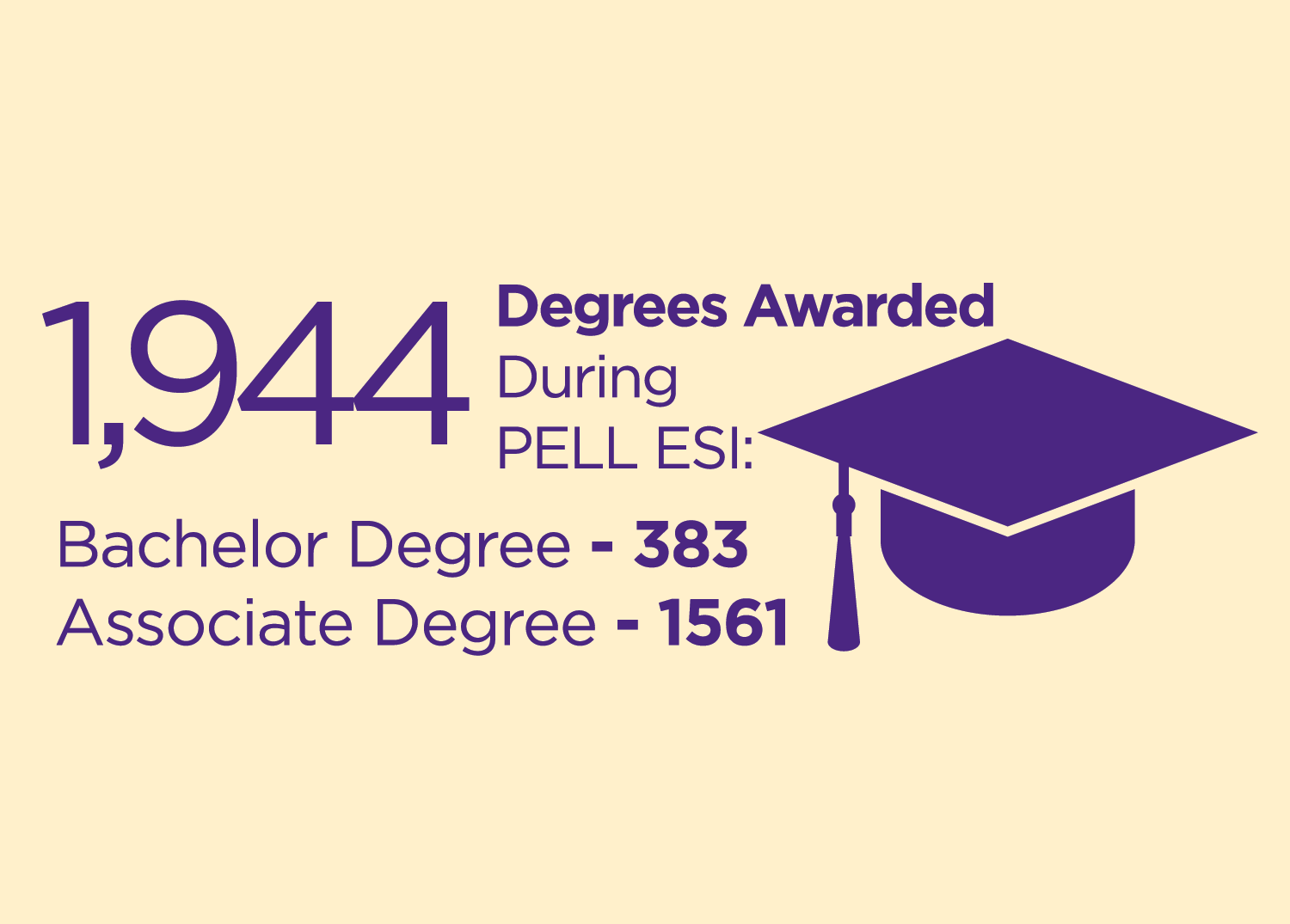
Transforming Lives And Communities
We believe in transforming lives through correctional education. We aspire to develop the whole person – academically, spiritually and morally – so our students can live productive lives in society.

Locations
The below map shows the states where Ashland University's Correctional Education Program is operating inside facilities.
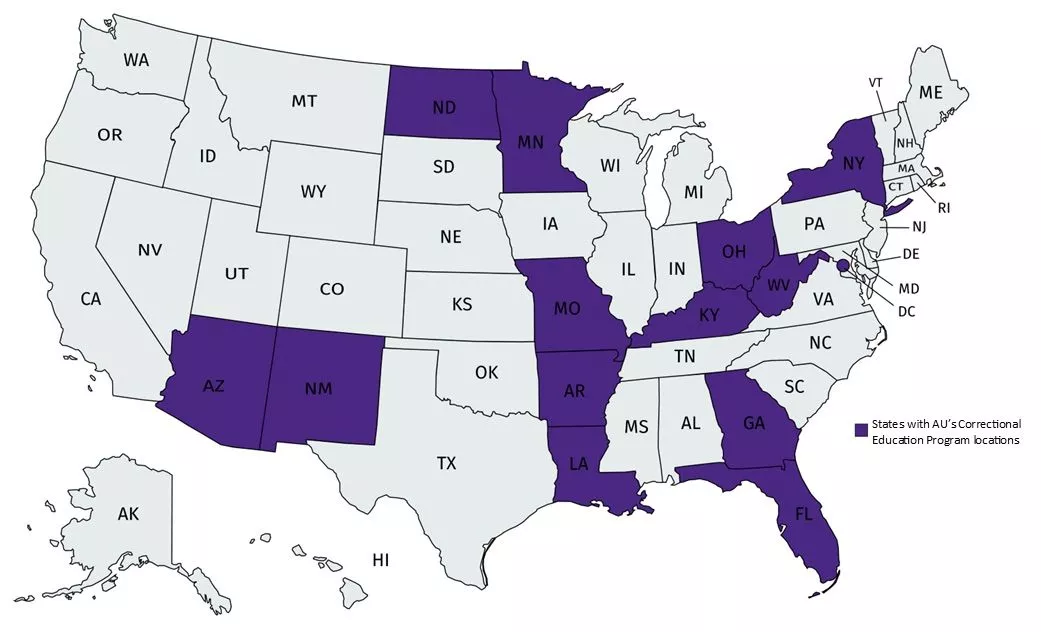
Learning Through Secure Technology
Students participate in courses and communicate with professors virtually on secure tablets via a learning management system as robust as a traditional online learning environment, but customized for the correctional setting.

Multiple Program Options
Students can choose an associate degree or a bachelor's degree. And because Ashland University is fully accredited by the Higher Learning Commission, the credits students earn are transferable to other colleges and universities around the country.

Flexible and Individualized Schedules
With virtual classrooms and a tablet-based learning environment, students are able to watch videos, complete assignments and take tests on their own time within the structure of each semester.

Academic Support
Every student has access to a digital library, reference materials through a full-time digital reference librarian who provides academic resources to help students. All materials provided are appropriate for viewing in a correctional environment. Every student enrolled in Math and English courses have access to e-tutors.

Staff Member On-Site
Ashland University provides an on-site director for each facility. This allows students to have face-to-face interaction with a university employee who will help them throughout their education.

Degree Options
| Degree | Program Information |
Program Requirements (as indicated in the Academic Catalog) |
|---|---|---|
| Associate of Arts in General Studies Associate of Arts in General Studies w/ Business Concentration |
View | View |
| Bachelor of Arts in Communication w/ Business Administration Minor Bachelor of Arts in Communication w/ Business Management Minor Bachelor of Arts in Communication w/ Religion Minor Bachelor of Arts in Communication w/ Sociology Minor Bachelor of Arts in Communication w/ Christian Ministry Minor |
View | View |
| Bachelor of Science in Interdisciplinary Studies w/ Science & Professional Practicum Concentrations | View | View |
| Bachelor of Science in Organizational Leadership & Development | View | View |
Workforce Training and Development Offerings
Admission Requirements
Other Considerations
The student must:
- Be able to pay tuition or be Pell Grant-eligible and not enrolled in any other Pell-funded programs
- Have a minimum of six months remaining on their sentence to complete the first semester of classes
- Be within 10 years of their earliest possible release or release consideration date
- Have a satisfactory disciplinary record, according to the Department of Corrections facility policy
Sentence “good time” credit may be available as part of program participation or completion.
Frequently Asked Questions
Except in cases where the Department of Corrections issues the devices, Ashland University provides all technology, textbooks and instructional supplies at no cost.
Online Reentry Degree Completion Program
Finishing your degree after being released? Ashland University offers an online degree option for reentry students. If you are Pell Grant eligible, you can complete a degree without financial responsibility for tuition or fees. You must apply to the program within one year of your release date.
- Complete a fully-accredited associate or bachelor’s degree by combining coursework completed while inside a correctional facility and post-release.
- Our reentry director assists with your transition to the community.
- All credits earned will appear as AU courses on your transcript.
Requirements
- Complete our Reentry Program Returning Citizens Exit Interview form.
- Complete financial aid paperwork to confirm your Pell Grant eligibility.
- Show previous participation in an academic program at an AU Correctional Education Program site or through a partner academic program.
- Maintain satisfactory academic progress.

Resources for Alumni
Request a Transcript
If you’re continuing your education or getting a job that requires an academic transcript, request one now.
Alumni Association
Stay connected through our Alumni Association. Keep in touch with us and update your contact information so we can communicate with you.
Donate
Your gift can be used to support fellow alumni and returning citizens with needed services and resources.

Alumni Spotlight
What has your Ashland University experience meant to you?
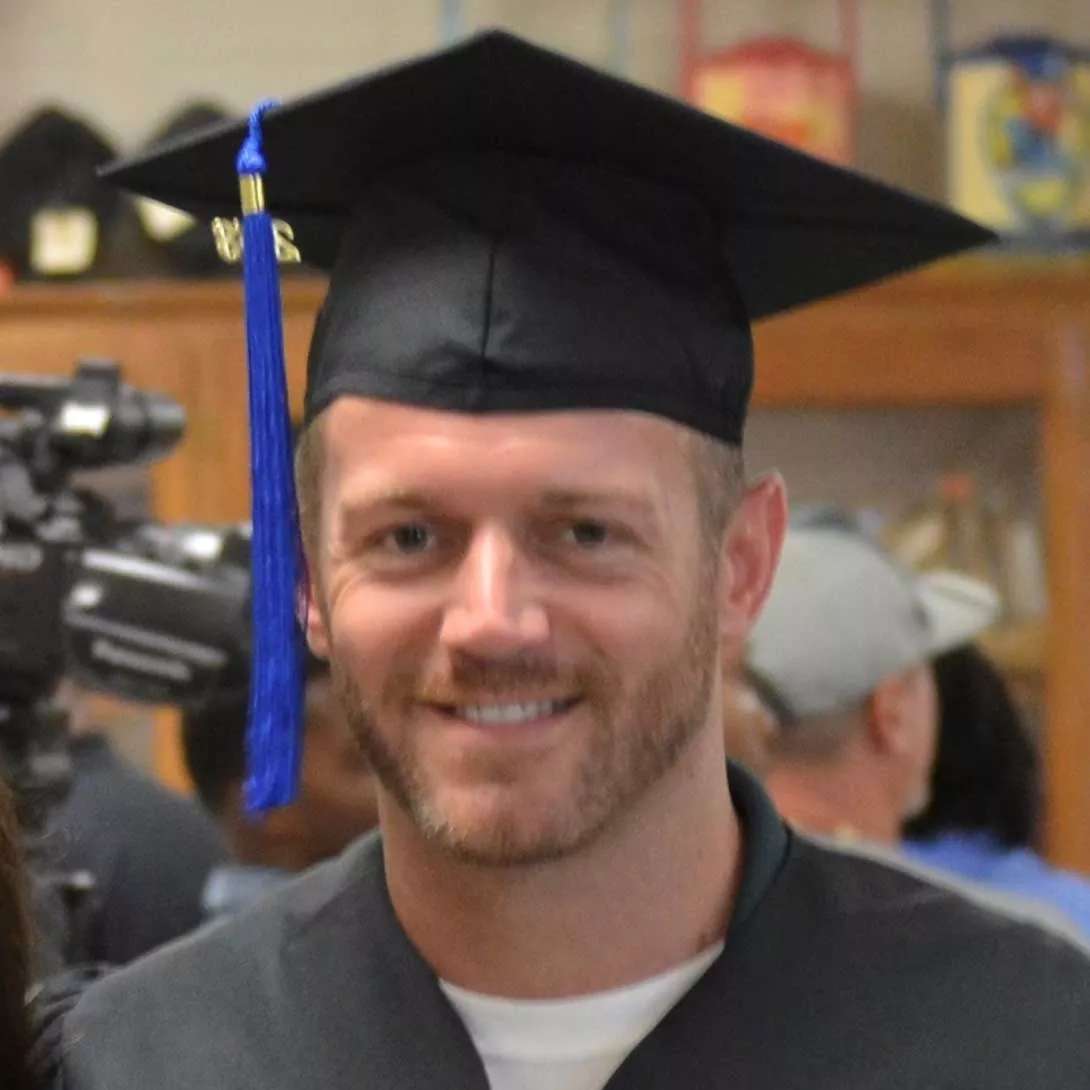
“This experience with Ashland University has meant so much to me that it is really hard to put it into words. During one of the darkest times in my life, I feel like Ashland University extended this sliver of hope that turned into something much bigger. I have been given a gift that I can take with me for the rest of my life and use to better the world. That is something that you can’t put a price on and I am forever grateful.”
- Joseph B. ‘19, Louisiana

“Ashland helped to change my outlook and made me realize that my time could be used to better myself. I am so grateful that I was included in the Ashland experience the women I was able to experience it with and the amazing site director that we had. The people I have met through Ashland have made a huge impact on my life and will never be forgotten. I am so tremendously thankful for the experience Ashland has given me and the opportunities it will continue to give me. I want to thank Ashland and all of the many women I worked so closely with, for the wonderful experience and the chance at a better future.”
- Stormy J. ’20, Georgia